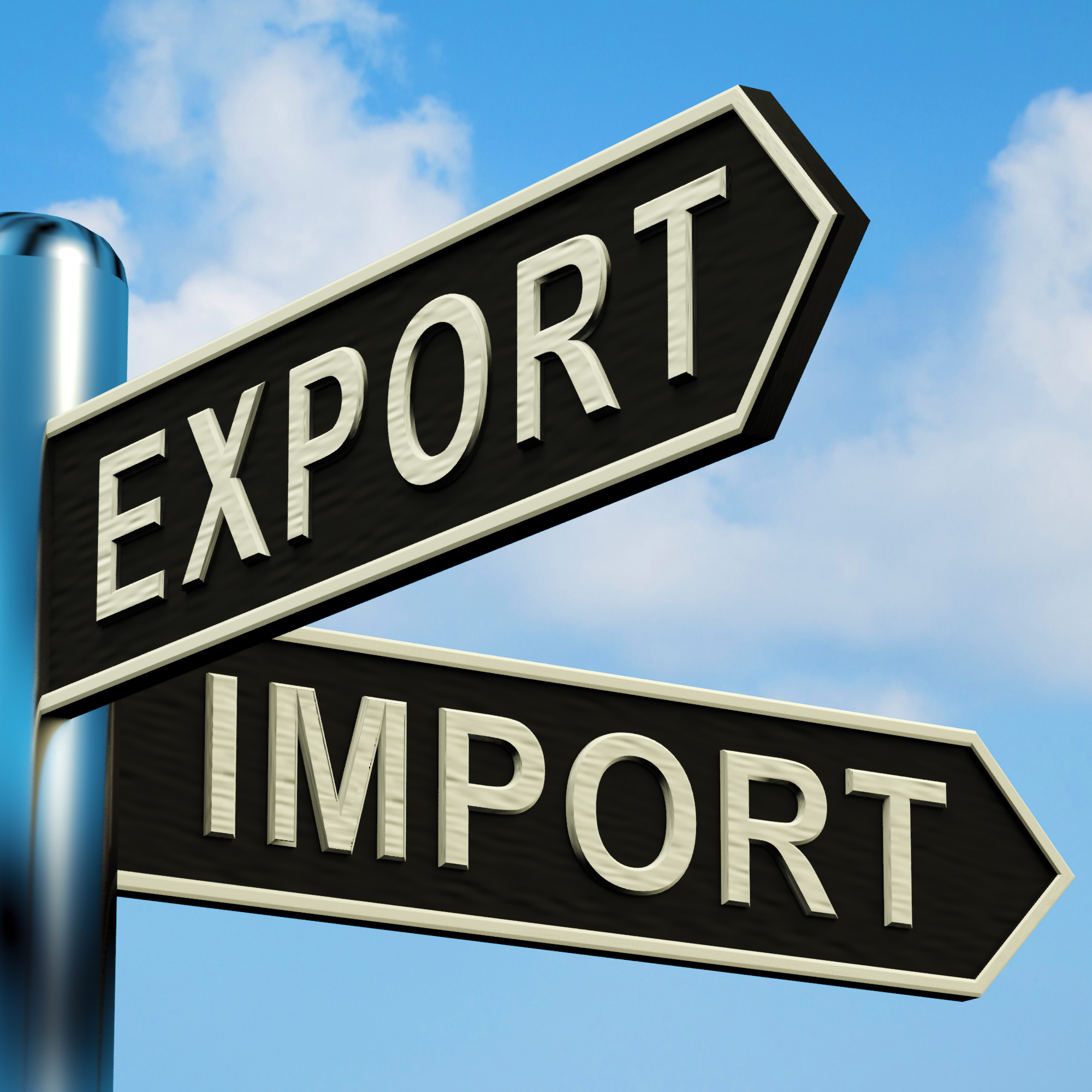The main points for consideration in any financial package include the length of credit, the rate of interest and the currency of payment. Trade credit, the granting of time to pay by suppliers is the most natural form of credit a buyer could wish for.
It usually does not cost more than what can be passed on in the final sales price, does not tie up the buyer’s bank lines, and is normally easy to administer.
ADVERTISEMENTS:
Unfortunately, trade credit carries a risk to the granter of the credit, and is generally accorded only in well-established relationships; most buyers and seller therefore have to resort to some form of financial package.
It is obvious that the buyer and seller have conflicting interests in the financial package, but there must be some compromise before a deal can be concluded. Banks can provide a solution acceptable to both parties, by providing credit to either the buyer or the seller.
In many countries export credit insurance assumes the risk of non-payment – for a premium – and this can be assigned to the funding bank.
Bank and insurers agree that the level of credit need not be linked to the size of the customer’s balance sheet and may be based on their ability to perform the contract from which the repayment will be made. So, balance sheet weakness may be compensated by strong performance capability.
ADVERTISEMENTS:
The bank could also repurchase an exporter’s receivable, thereby refinancing any supplier’s credit (i.e. the credit granted by the exporter to the buyer); the bank thus becomes the lender. The exporter’s receivable could be in the form of letters of credit with deferred payments or incorporated in bills of exchange and promissory notes.
Additionally, the bank may (for a fee) absorb the country risk element in a deal where for example, there may be a risk of non-performance for political or economic reasons, such as blocked foreign exchange in the buyer’s country or an embargo on exports from the seller’s country.
Usually the seller’s bank undertakes to guarantee payment to the buyer’s bank (assuming that the later bank has given its own undertaking). For buyers, their bank will guarantee that the seller’s bank will honour its obligation under any performance bond it has given on behalf of the seller.
The level of risk depends on the relationship between the two banks, and whether the guaranteeing bank can recover monies it may have to pay out under a claim.
ADVERTISEMENTS:
If sellers have to wait for their money beyond the normal credit terms because of a foreign exchange restriction in the buyer’s country, this delay could soon wipe away the profit hoped for.
If buyers do not receive the expected raw materials because of an export embargo in the seller’s country, it could cause the buyers to stop production or cost those more to buy it from elsewhere.
Once a financial package is agreed and a contract concluded, how do sellers collect their money, and how buyers obtain their goods? They use the banking system.

